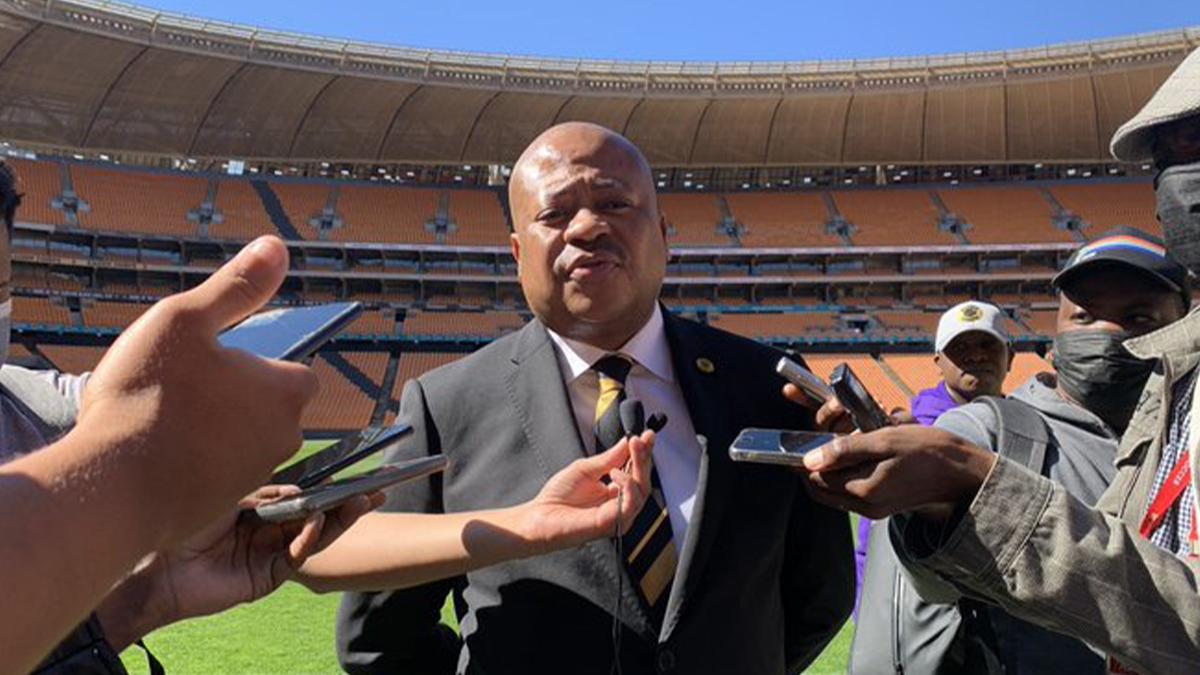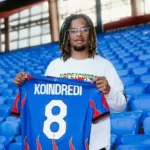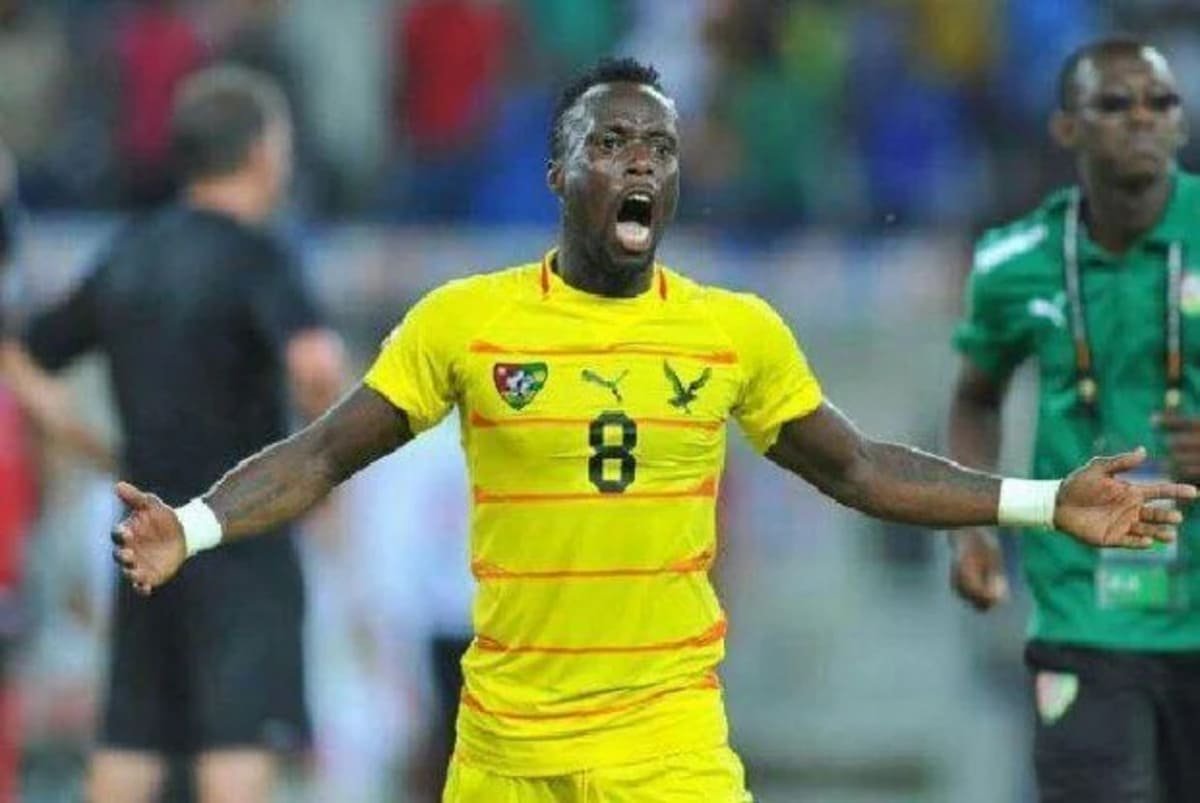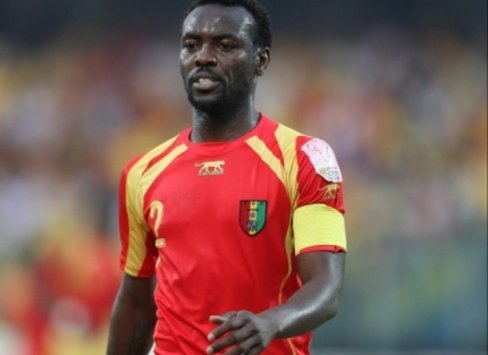Kaizer Chiefs manager Bobby Motaung has opened up on the club’s transfer strategy in the ongoing summer transfer window.
In the past, the Soweto giants were renowned for unearthing talents from across the globe and nurturing them into top players over time.
However, the club’s approach today is markedly different, resembling more of a collection of seasoned veterans.
During his appearance on the Radio947 broadcast, “Amakhosi” manager Bobby Motaung explained the club’s shift in transfer trends:
“I used to travel to Zimbabwe with friends, but now everything has changed. It’s deeper now—we sit down and dig in with consensus, it’s not like it used to be. Even the sporting director doesn’t make decisions alone, and neither does the coach.
The coach needs to bring in analysts, so the recruitment process has changed. Now it’s not just Bobby, not Ace Khuse, not Doctor Khumalo, nor the late Bra Kreamer—may his soul rest in peace,” Motaung said.
Bobby believes that modern football sets its own rules, with trends shifting dramatically:
“The difference is clearly in how the scouting network operates, in the technology, and in how coaches put their faith in certain aspects. As I said, the game has changed, the quality then and now is different, and obviously technology now plays a major role in scouting—there are scouting systems they use. But as I said, generations have changed over the years, times have changed, and even the quality of players in some areas has shifted.”
Motaung is also convinced that today’s transfer market actions are far more collective than in the past, with every step now coordinated with the coaching staff:
“The club definitely gets involved in the scouting process, player acquisitions, and everything else. In the past, yes, maybe there was a phase, but it was collective even then. You can’t just bring in a player and hand him to the coach if the coach doesn’t want him or he doesn’t fit the style. So that culture still exists in how we scout and share information. But as I said, modern times bring modern changes, and modern coaches—they’re different,” Motaung concluded.











